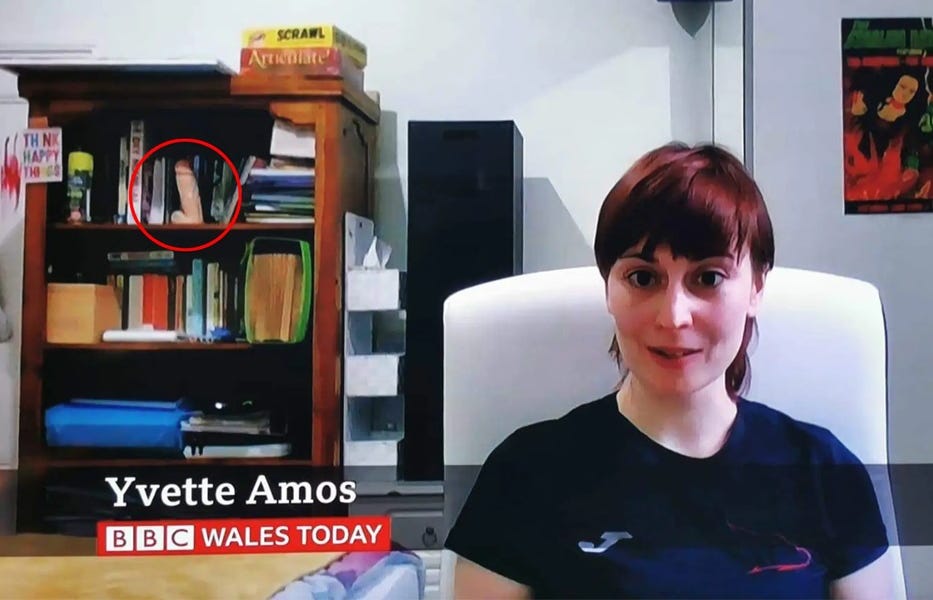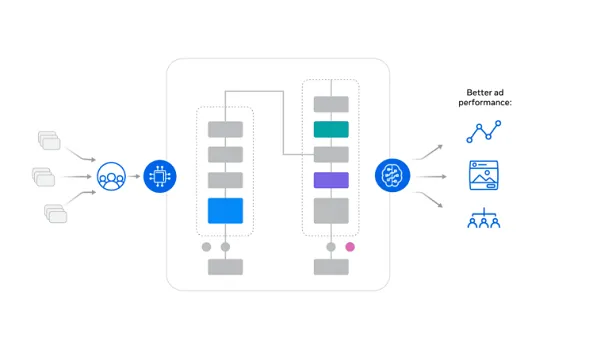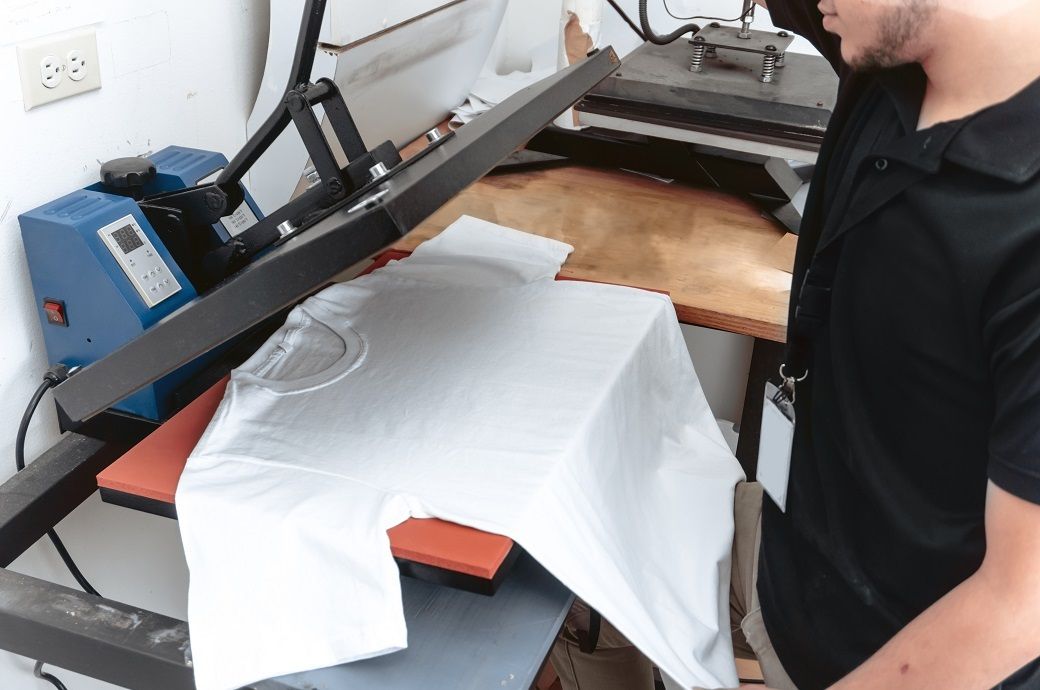Advanced 3D body scanning is refining the fitting process, while virtual try-on apps and augmented reality tools offer a preview of garments, enhancing online shopping experiences. Artificial intelligence is stepping in to provide tailored fit and style suggestions. Sustainable materials and eco-friendly practices are increasingly in demand, and digital pattern-making is improving accuracy in production. Blockchain is offering supply chain transparency, and 3D printing hints at future bespoke fashion possibilities, Bandekar told Fibre2Fashion in an exclusive interview.
Global custom clothing industry’s rapid transformation is driven by various innovative trends and technologies, including 3D body scanning, AI-driven style suggestions, and sustainable practices.
The emergence of smart fabrics, mass customisation platforms, and customer involvement in design underscore the custom clothing industry’s innovative evolution.
Meanwhile, platforms for mass customisation are democratising tailored fashion, with standardised sizing aiming to further reduce fit issues. Smart fabrics are introducing tech functionalities to garments, and on-demand local manufacturing promises quicker access to tailored items. As brands showcase their sustainability commitments through certifications, collaborative design tools are allowing customers to play a part in garment creation, Bandekar added.
Click here to read the full interview.
Fibre2Fashion News Desk (DP)








































![Spider-Man Is Back in Black With the Green Goblin in New Funko Pop! Figures [Exclusive] Spider-Man Is Back in Black With the Green Goblin in New Funko Pop! Figures [Exclusive]](https://static1.colliderimages.com/wordpress/wp-content/uploads/2025/03/spider-man-the-animated-series-green-goblin.jpg)




























